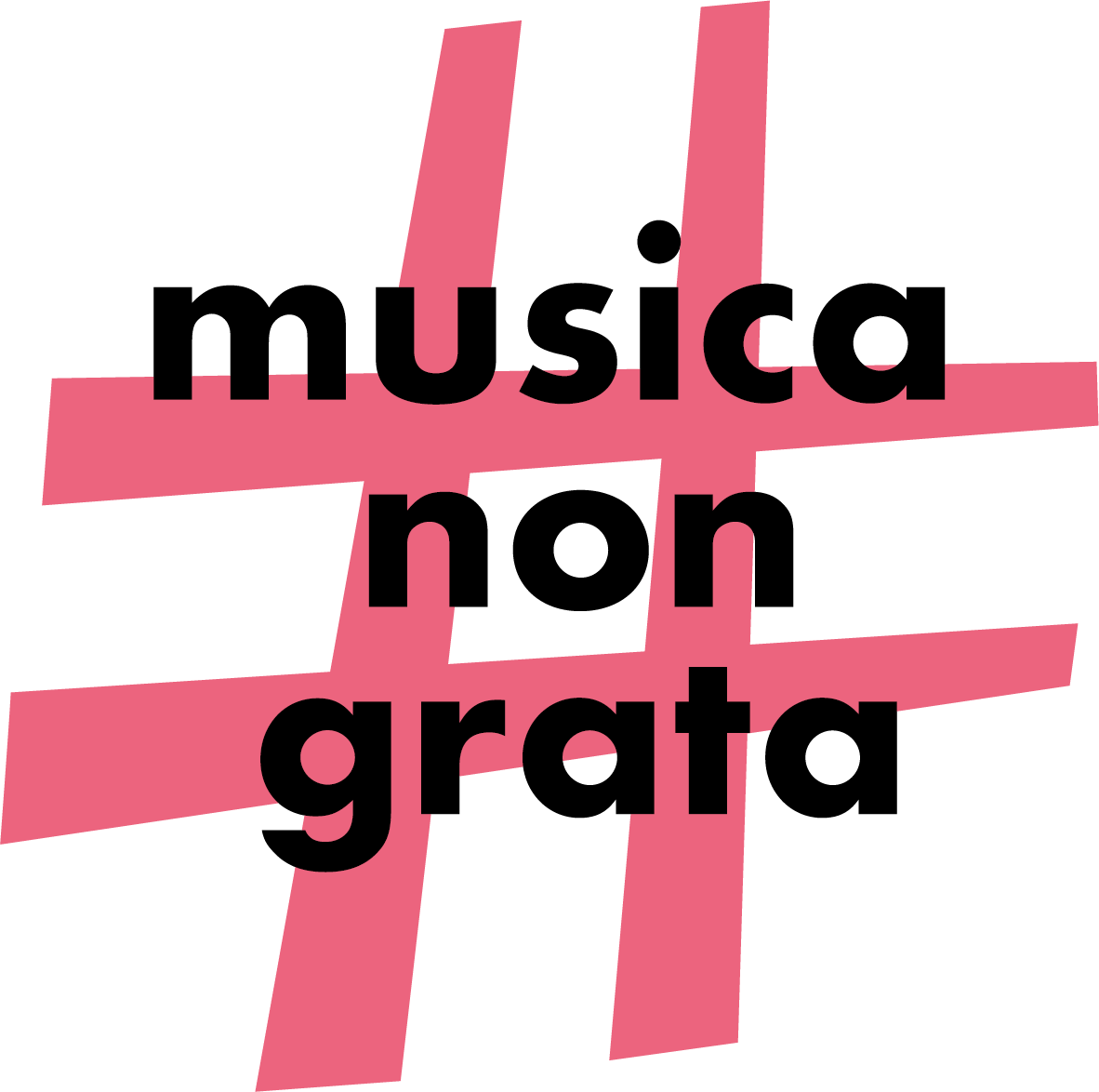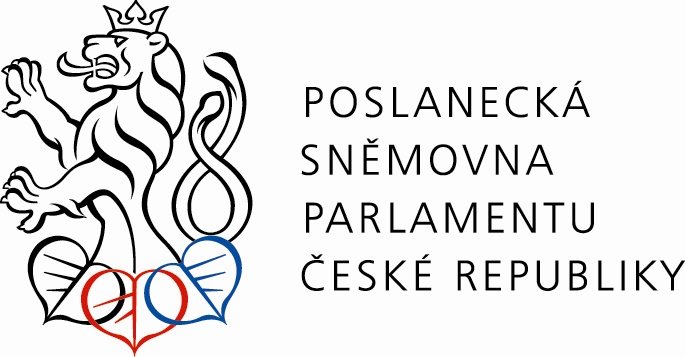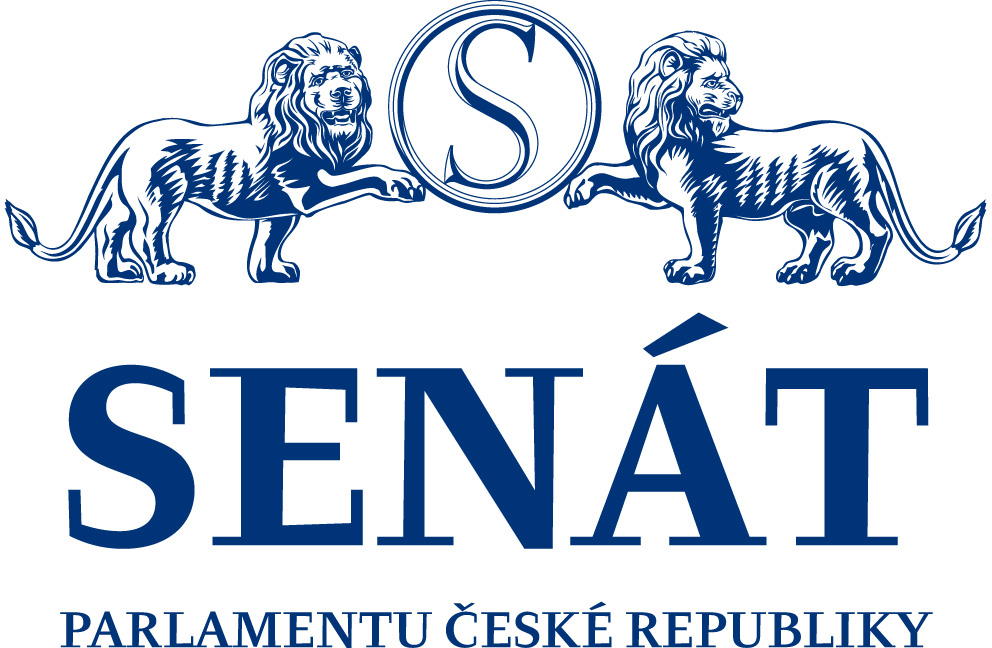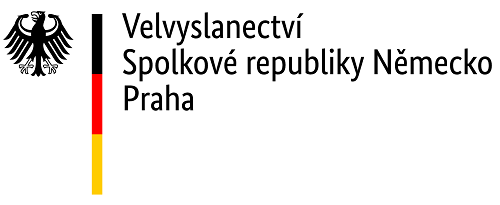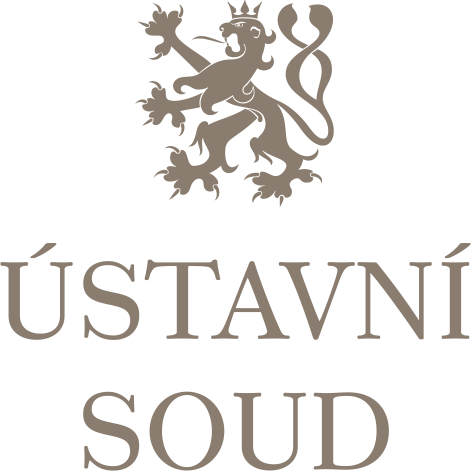5. 11. 2023, 10:30
Tři boys - Matteo Hager, David Hernych, Marek Pavlica – violin
Lukáš Hurník - reading
Musical-literary morning for families with children
Löwitův mlýn (U Českých loděnic 40, Praha 8 - Libeň)
Program:
Antonín Dvořák
Drobnosti op. 75 (č. 1, 2, 4)
Cavatina. Moderato
Capriccio. Poco allegro
Elegia. Larghetto
Béla Bartók
44 duet pro dvoje housle (č. 6, 9, 21)
Magyar nóta / Hungarian song
Játék / Song for the game
Újévköszöntő / New Year's
Jean-Marie Leclair
Sonáta op. 3 č. 5 e moll for two violins
Allegro ma poco
Gavotte. Andante grazioso
Presto
Georg Phillip Telemann
Sonate im Kanon / Canonical sonata for two violins č. 1 G dur, TWV 40:101
Vivace
Adagio
Allegro
Wolfgang Amadeus Mozart
„Der Spiegel“ / „Mirror“
Vittorio Monti
Csárdás (arr. Tři Boys)
Reading by Lukáš Hurník
"I'm writing such 'bagatelles' now, just imagine: for two violins and a viola. I enjoy my work as much as when I write a great symphony, but what do you call it? Of course they are meant more for dilettantes, but didn't Beethoven and Schumann also sometimes write quite small things, but how?" Antonín Dvořák (1841-1904) told his publisher Simrock in Berlin in January 1887. He originally wrote the Trio for two violins and viola without much ambition for the violinist of the Provisional Theatre Orchestra, Jan Pelikán, and his pupil, with whom he sometimes enjoyed playing the viola. However, he promptly reworked the little pieces (Bagatelles - as he called them in a letter to Simrock) for violin and piano at the same time; Simrock published them in print in 1887 under the title Romantic Pieces, and they soon became successful in the repertoire. The original string trio remained in manuscript. In January 1887, when Dvořák informed Simrock about it, it was performed privately and then certainly several more times, but the only documented date of public performance was 24 February 1938, when the trio was played by members of the Prague Quartet Willy Schweyda, Herbert Berger and Ladislav Černý. It was not until 1945 that the work was published in print in the Musical Matrix of the Artistic Conference under the title Drobnosti (Little Things), since the title Maličkosti (Little Things) was already given to an earlier composition by Dvořák for two violins, cello and harmonium.
A large part of the work and activity of Béla Bartók (1881-1945) is directly connected with folklore. He was a collector and publisher of collections of folk songs, and folk inspiration forms a fundamental starting point in his work. Like Dvořák's Trifles, Bartók's 1931 cycle of 44 duets for two violins was not originally intended for public concert performance, but to serve as instructional pieces for young violinists. A professional pianist, Bartók had already composed piano pieces for children, and he had other cycles for pedagogical purposes in the works. For 44 duets he wrote: "I created them with the same intention as I once did the piano series For Children. In the first years of study, pupils are to be introduced to recital pieces which combine the natural simplicity of folk music with its melodic and rhythmic peculiarities." Bartók chose melodies of folk songs of various nations - Hungarian, Serbian, Slovak, Ukrainian and others. The compositions, however, show another influence, namely the composer's study of the music of the old masters, which he had in his piano repertoire. He thus penetrated the secrets of contrapuntal techniques, which he was able to make full use of in his compositions for two violins. He played with the stylization of both sources with gusto, and the rhythmic and harmonic richness of the cycle provides pleasure for players and listeners alike.
The French composer Jean-Marie Leclair (1697-1764) is considered one of the founders of the French violin school, which integrated Italian and German influences and created its own style. Leclair's somewhat experimental compositions included works for two violins; Italian composers (Corelli, Vivaldi) wrote so-called triosonatas with the necessary accompaniment of a harpsichord basso continuo, but French composers of the late Baroque discovered the rich possibilities in the voices of only two strings. Leclair was originally a dancer, and worked as a ballet master in Lyon and later in Turin. In Italy he met Arcangelo Corelli's pupil, Giovanni Battista Somis, became enthusiastic about violin playing, became Somis's pupil and was soon able to perform publicly. On his return to Paris in 1733, he was admitted to the royal band of Louis XV, but left after four years due to disagreements. He continued to perform as a soloist and was fortunate in his music-loving patrons. The end of his life, however, was tragic. Leclair was reportedly not an easy character, and in his last years he withdrew into private life, living in a neighbourhood of dubious reputation, where he was murdered by an unknown perpetrator. Leclair wrote a total of four books of violin sonatas. The second book (Sonates à deux Violons sans Basse, Op. 3) was published in Paris in 1730 and contains 12 sonatas for two violins unaccompanied by continuo. Leclair lets both instruments appear in equal roles in polyphonically treated sections, as in the first movement of Sonata No. 5, while at other times - as in the gavotte of the same sonata - one voice takes the leading melodic line and the other accompanies it in figurations.
One of the above-mentioned German influences on French music was the work of Georg Philipp Telemann (1681-1767). In 1728, together with composer Johann Valentin Görner, he founded the first German music journal Der getreue Music-Meister (The Faithful Music-Meister) in Hamburg, which also published sheet music editions of compositions. Telemann resolved to "gradually bring out every fortnight all kinds of musical compositions for different voices and almost all common instruments". As he wrote in the introduction to the first issue of the magazine, he is aware that he is setting himself a big goal, but he is counting on the fact that so far 'the sheet music has come to him rather than having to look for it' and his inventiveness will not wane. The individual pieces were published in installments, so that if the interested party wanted the complete work, he had to buy more books, which was also a shrewd business move. The Six Canonical Sonatas of 1738 are for a pair of flutes, alternatively for two violins (or other melodic instruments). They make skilful use of the simplest contrapuntal technique of the canon.
The duo for two violins entitled Der Spiegel (The Mirror) is attributed to Wolfgang Amadeus Mozart (1756-1791), but the authorship is uncertain, although it cannot be ruled out, Mozart had a flair for similar games with compositional techniques. The source of the work is a single print (without year or publisher), made in Nuremberg, entitled Four Joke Duos by W. A. Mozart for two violins. The joke lies in the notation of the 2nd violin, which is a mirror image of the notation of the 1st violin, giving rise to the traditional title of the work.
The Italian composer, violinist, mandolinist and conductor Vittorio Monti (1868-1922) was the author of ballets such as Noël de Pierrot (Pierrot's Christmas), performed in Paris, and in 1904 his one-act operetta Mam'zelle Frétillon had its world premiere at the Teatro Costanzi in Rome. However, his name is not to be found in the major lexicons. His fame came from a single composition. "Monti's Chardonnay is undoubtedly one of the most popular works of the so-called high popular, even in various adaptations.
The musical group Tři Boys was formed during the Václav Hudeček Academy in Luhačovice in the summer of 2022. It is a trio of young violinists composed of Marek Pavlica, Matteo Hager and David Hernych, with Professor Jiří Fišer as their link. What distinguishes the Three Boys from traditional musical groups is their repertoire, which, in addition to the usual pieces of the classical music repertoire, also includes their own compositions or transcriptions of folk and popular songs. Individual members are laureates of a number of international competitions, including the aforementioned Václav Hudeček Academy.
Matteo Hager was born in 2003 into a Czech-American family. He graduated from the Gymnasium and the Music School of the City of Prague under the guidance of Prof. Jiří Fišer. He is currently a student of Prof. Rodney Friend at the Royal Academy of Music in London, where he was awarded a scholarship. He has won a number of important awards, including 1st Prize in the Central Round of the National Competition of the Ministry of Education, Youth and Sports (2014), 1st Prize of the Josef Micky International Violin Competition, 1st Prize of the Václav Hudeček Academy, and the Gold Medal of the Manhattan International Music Competition 2020. He is also a recent laureate of performance competitions in France, Spain and Italy, and has been awarded a number of international scholarships. He has appeared as a soloist at national and international festivals. He has collaborated as a soloist with a number of Czech and international orchestras under the baton of renowned conductors. Matteo Hager is also a composer.
David Hernych is a student of the Prague Conservatory in the class of Prof. Jiří Fišer. His greatest achievements include first prizes at the Josef Micky and Jaroslav Kocian competitions, the main prize at the Summer Music Academy in Kroměříž and victory at the Václav Hudeček Academy in Luhačovice. As a soloist he has collaborated with leading Czech conductors. He has performed several times with the Prague Symphony Orchestra. He has performed several times as a soloist with the Prague Symphony Orchestra FOK and other Czech orchestras. As a chamber player he shared the stage with Josef Špáček at the Dvořák Prague Festival in September.
Marek Pavlica is also a pupil of Prof. Jan Fischer. In 2021 he won the Concorso Musicale Internazionale Città di Palmanova in Italy, the same year he won the Václav Hudeček Academy, where he received a new master instrument as the main prize. The son of Jiří Pavlica, the artistic director of the Hradistan ensemble, is also fond of folklore.
